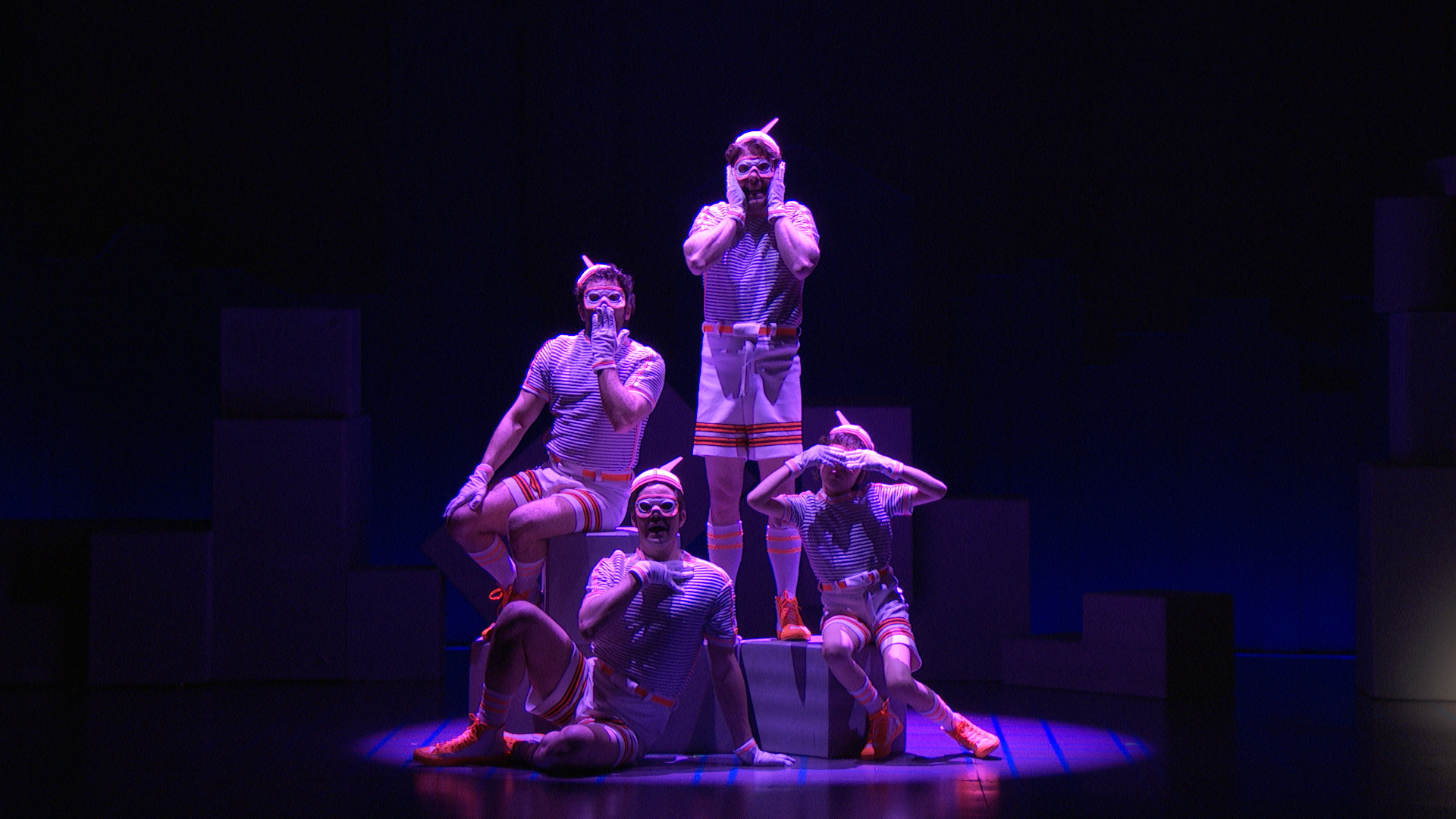In a typical workday, I interact with eighty to one hundred and twenty people. When I ring up their total, most will say nothing, about forty of them will call me “sir,” four call my by name, and one calls me “faggot.” They will say, “Thank you.” When I had them their change, I will tell them, “Have a nice day!” I am paid to do this. It’s all part of the job.
One summer day, a man came in while I was stocking the shelves, and I recognized him. He had white, stringy hair to pair with his pale, old skin, and a dark green jacket to contrast his blue eyes. I thought him something of a rebel-character. The first time I saw him, it was three years ago. He wore black, fingerless gloves and bought seventy-two pairs of women’s pantyhose for a grand total of $74.88. He talked relentlessly of the eighties, saying, “We needed another decade like the eighties,” and how, “People needed to learn how to love again, there’s too much hate right now.” Years later, he wore the same outfit, the same jacket, the same hair, and the same gloves. The difference being the pandemic.
He had burst into the store. Immediately I saw his face. My co-worker did too, and she quickly told him about the store mask policy. He remained unfixed and began telling her off. I noticed this and rejoined my co-worker in reiterating the mask policy. He turned from her and responded to me in a shout, finishing with “I’ll see you in court! But that’s only if I don’t rip your head off and shove it up your faggot ass first!” At this, a crowd began to gather. The man probably didn’t enjoy the attention, because he looked around and ran out of the store. As I checked out the remaining customers, they started saying, “Thank you, Sir” and “Nobody should have to deal with that.”
But I’m not a “Sir,” and so I’d reply, “It’s all part of the job.”
This memory brings me to Walt Whitman’s “Song of Myself,” where he states, ““Do I contradict myself? / Very well then…. I contradict myself; / I am large…. I contain multitudes” (53). Yet, while Whitman makes this statement in celebration, I contend that the ways in which we “contain multitudes” is more nuanced. Imbedded within these multitudes are forces of both privilege and oppression.
In the rural town where I work, heteronormativity is heavily enforced. As a lower-income, queer individual, this means being called “Sir” as compensation for being called “faggot.” “Sir” is supposedly a sign of high-status, nobility, and class, whereas my preferred labels and pronouns are viewed with contempt. This paradoxically positions “Sir” and my preferred labels both as a form of special treatment. The customers use “Sir” to indicate respect yet insisting that they use anything else would come off as disrespectful to them. I endanger their sense of heteronormativity, and so at work, I bite my tongue. For eight hours, I am their “Sir.” And it’s all part of the job.
Doubtless, the silencing of identity constitutes a form of oppression. Getting yelled at about ripping heads off and shoving them wherever certainly constitutes violence. Yet, being able to pass as heteronormative, and maintain a job which demands I act as such, is a privilege which not every queer person has. Thus, I’m able to contain both hostility and opportunity. And as I’m called “Sir,” I’m able to sneer behind my mask and think how I’m able to be their Sir and my Queer.



 The four males start singing in a shrill falsetto while doing a really silly dance routine, showing the overtop hilarity of the musical. The scene is sandwiched between two meaningful solos by Trina, Marvin’s ex-wife in which she reveals her insecurities about life before ultimately deciding to stand up for herself and take what she deserves. She reminds me a lot of Harper who initially feels like the world is ending when her husband wants to leave her before deciding that she doesn’t need a man to get what she wants out of life.
The four males start singing in a shrill falsetto while doing a really silly dance routine, showing the overtop hilarity of the musical. The scene is sandwiched between two meaningful solos by Trina, Marvin’s ex-wife in which she reveals her insecurities about life before ultimately deciding to stand up for herself and take what she deserves. She reminds me a lot of Harper who initially feels like the world is ending when her husband wants to leave her before deciding that she doesn’t need a man to get what she wants out of life.